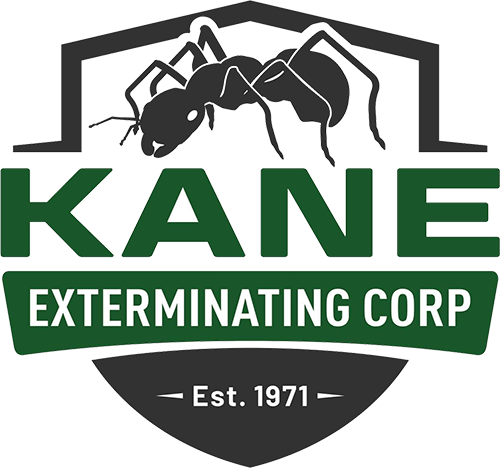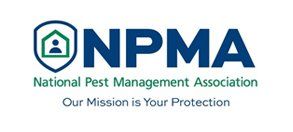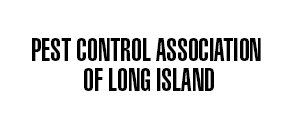Commercial IPM Strategies
Free Estimates | Guarantees on All Services | Emergency Service Available
Free Estimates
Guarantees on All Services
Emergency Service Available
Bring Best In Class IPM Strategies to Your Facility
- Manhattan
- Kings County
- Queens County
- Nassau County
- Suffolk County
Experts in Commercial Pest Control Services
We offer a wide range of pest control services that will address issues with infestations, nuisances, and health risks. Our expert staff understands the concerns that commercial customers face, and we can provide real options that can help to keep operations running smoothly.
Problems with stored product pests, rats, cockroaches, are common infestations that Long Island businesses contend with on a regular basis, and we can help. Bugs can be the kiss of death to the reputation of a business. Our professional pest management specialists from Kane Exterminating will identify and solve pest problems before they arise, so that the impact on your customers and bottom line will nominal.
We can provide a variety of service options in order to ensure that pest problems never become a mainstay of your business. We are available 24/7 for whatever needs your facility is encountering. Auditors will enjoy our meticulous logbook practices, as well as access to our commercial client portal, for all their needs.
Our specialists provide commercial pest control solutions for food service plants, manufacturing plants, office buildings, schools, and other large facilities, as well.
Scope of Service Options
- Mechanical Trap Monitoring
- Pheromone Trap Monitoring
- Insect Light Trap Monitoring
- Bait Station Monitoring
- Trend Analysis Reporting
- Pesticide Intervention
- Logbook Management
- Facility Inspections
- Drain Cleaning Services
- Staff Training for Best Practices
- Audit Support
Stored product pests can cause irreversible damages to your goods, and rats can eat through power, fiber-optic, and computer cables, setting your project back. Roaches can carry harmful bacteria and be a mechanism for the spread of disease. Maintaining a robust monitoring structure with these devices and practices is key in achieving IPM success.





Share On: